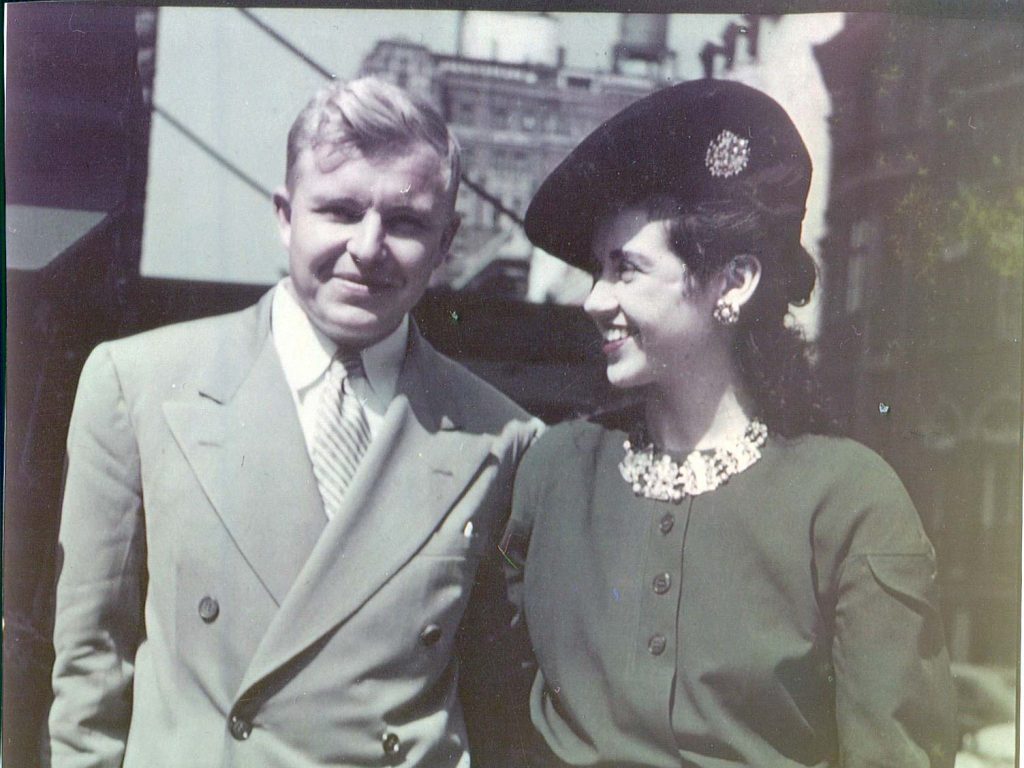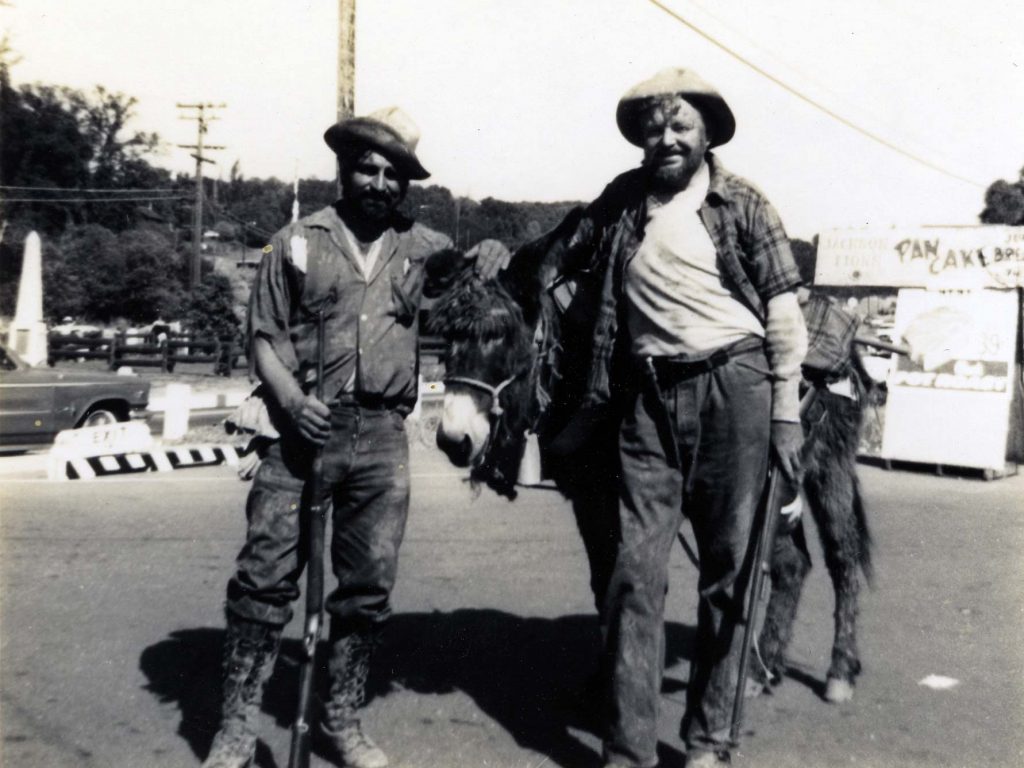
ONE GOOD THING
My father was a self-proclaimed atheist, but he had a secret place of worship beneath the trees. His temple, an old army cot dragged under a massive avocado tree he named Susan. Her branches, heavy and abundant, leaned close and enveloped him, offering protection from the world outside. His religious canon varied, but Edgar Allan Poe, Ernest Hemmingway, and John Steinbeck come to mind. In that hushed green sanctuary with his sacramental whiskey bottle, surrounded by words of power, he found peace. Throughout my childhood, other trees received his affection as well: our orchard’s fruit trees. They were adored and sung to, these carefully grafted peach, apricot, and Valencia orange trees. They held his fascination like no human could, and I envied them. Eventually, I grew to admire Dad’s love of green things; he passed this quality on to me.

But there is one memory I have that stands in stark contrast to all the others. It was the summer of 1965, and I was flopped on the floor of our little library inhaling the decaying pages of Black Beauty, the one with the missing dust cover and stains on page seventy-four.
Dad suddenly entered the kitchen, his boots impatient. His disdain for life had been translated into a sort of boot language, and I swear they spoke to me. I could discern different heel pressures, balances, and gaits. Dad’s boots alerted me to his moods and gave me time to prepare. But right then, as they paced in the kitchen, his boots reminded me of a rodeo bull pawing in the holding pen, waiting to be released into the arena. Loud. Powerful. Wild. They instilled uncertainty and fear with just one heel-step. They commanded attention.
More noises spilled out from the kitchen while the boots rested. These sounds were friendly and inviting. Something being sliced on the cutting board; reassuring metallic clatter of measuring cups being used and then nesting; ice cubes resisting release from an ancient metal tray. Should I go help? The boots said no. They cut short the pleasurable sounds in such a way that I couldn’t get up from my cushioned spot on the floor. Instead I willed myself to be invisible as his toes turned in my direction.
I am not sure what I expected, but I steeled myself for his intrusion. Would he tell me to head out into the blistering heat of the day to sieve rocks from the orchard soil for three hours? Or command that I crawl into the sweltering attic and install itchy pink insulation between the floor joists? More likely he’d insist that I edge the lawn with the earsplitting, rock-spitting edger, the one that had terrified me since I was six years old, when he had described what would happen if I didn’t follow his orders exactly. I imagined bloody, disembodied toes as I waited for him to find me. I pretended to read.
Why had he returned so soon? My entire family sighed a collective breath every time he left for the mountains. And like freed birds when the cage door opens, we soared in his absence, laughing till we cried, harmonizing around the piano, throwing slumber parties and scrounging in the fridge for “every man for himself” meals. But none of these experiences ever let me forget Dad’s chores, his two-hour interrogation-dinner-lectures, or the embarrassment of his body stumbling out of some stranger’s car, lurching sideways through the front door late at night.
Whenever Dad returned from anywhere, it was too soon. His entrance back home was like a cloud of noxious fumes following a bomb, and I could barely breathe. All at once I wanted Mom and my sister KK to come home, as their strengths had a way of working their magic on him. Although KK and I were affected the most by his maniacal show of power, her young age and quick wit charmed him. And Mom was such an actress—she could mask her emotions, flash that Hollywood smile, and say, “Oh I’m so glad I was invited to this party!” no matter what scene she was walking into.
The boots announced Dad’s arrival. “Fresh-squeezed orange juice?” he said, standing in the doorway, like a father who had repeated this scene a thousand times before. “It’s from our Valencias.” His hazel-eyed gaze took in the pillowed scene as he bent over and his calloused hand set the glass on the floor, an inch from my own. Words gathered in my head but couldn’t find their way out.
Who was this man? I was transfixed by his every move. Was this the same father who last week had slowly taken off his belt to punish me for laughing on my way to stack two cords of wood? Or who had recently announced at the dinner table that he didn’t love me—that I was, in fact, unlovable? I ached for his tenderness, but couldn’t fathom what was happening. A fleeting thought that something was “wrong” with the juice ran through my mind. A sprinkle of chili pepper, perhaps. A little trick to catch me off guard. But I refused to believe it.
I lifted the glass and sipped, orange pulp tickling my upper lip. “Thanks…” My voice trailed off. I wasn’t prepared for this gesture. I pretended to be so absorbed in Black Beauty that I couldn’t be expected to leave the fields of England to respond.
I didn’t have one of my chronic stomachaches, the chicken pox, or even a sore throat. He just walked into the room and gave me a gift of juice. This was more than a little unsettling. I had padded my life full of self-protective acts when dealing with Dad, and suddenly—wham! No protection needed.
He turned to leave and said, “Best crop yet. Must have been all that rain.” My heart soared at his attempt to share his thoughts about something so ordinary. And when he left, I heard his boots hit the kitchen linoleum. They sounded almost kind.
Why hadn’t I responded? I stood up, clutching the sweating juice glass, and walked down the hallway, passing the now empty kitchen. He was gone. Peeking inside, I saw evidence of his efforts, proof that it really had happened: a crate of oranges on the counter; the clean juicer dripping on the dish rack; a mound of peels in the compost bin.
Had he recognized the importance of this event? Could he have guessed it would forever alter my life and how I would remember him? I stepped into my bedroom and closed the door, savoring this one good thing.